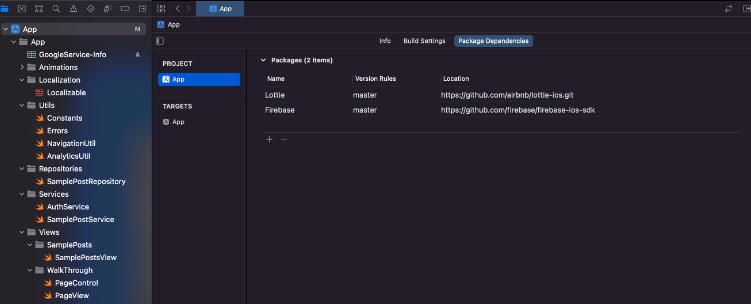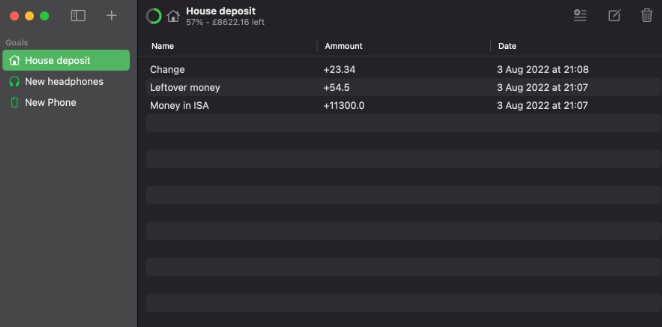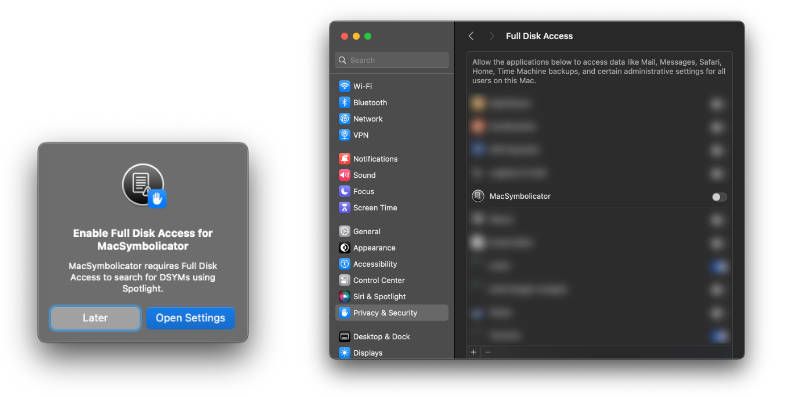Swift Configuration Parser
Simple configuration file parsing for Swift.
Usage
Start by declaring a type containing your configuration options:
struct Configuration: ParsableConfiguration {
enum Power: Int, Decodable {
case low, medium, high
}
@Option(
summary: "The power level used if not otherwise specified.",
discussion: """
When setting a default power level, it is crucial that you \
are sure that the consumption will not exceed the daily \
allocated allowance. Failure to keep within your usage \
limits will result in termination of the contract.
It's recommended that you do not change this value unless \
you are fully aware of the risks involved.
"""
)
var defaultPowerLevel: Power = .medium
@Option(summary: "Array of preferred spoken languages")
var preferredLanguages: [String] = ["en", "fr", "ar"]
@Option(.deprecated("Replaced by ‘preferredLanguages‘"), hidden: true)
var preferredLanguage: String? = nil
@Option(summary: "Details of the author used when creating commits")
var author: Author
struct Author: ParsableConfiguration {
@Option(summary: "The full name of the author")
var name: String = "John Doe"
@Option(summary: "The email address of the author")
var email: String = "[email protected]"
}
}
Then use the static methods available through the ParsableConfiguration protocol to load your configuration from the appropriate source:
// The default configuration instance
let configuration = Configuration.default
// Load directly from a file
let fileURL = URL(fileURLWithPath: "./.options.json")
let configuration = try Configuration.parse(contentsOf: fileURL)
// Load from data
let data = try downloadConfigurationFromServer()
let configuration = try Configuration.parse(data)
Features
- Preserve default values when deserializing
- Detect unexpected properties (typos/misconfiguration) while loading
- Flexible overrides
- Customizable decoding – Uses
JSONDecoderby default but you can plug in anything
For an example, see Example.
.




